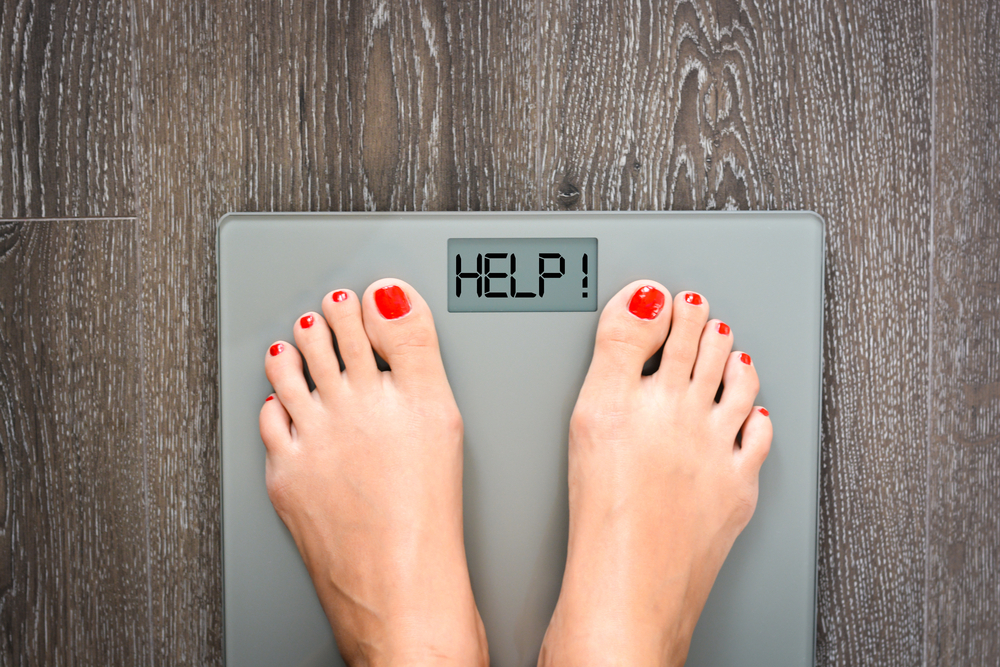5 Reasons why you are adding Weight
Healthy weights result from a conscious lifestyle such as dieting, exercises, and a good rest. What if you do everything you know to either reduce your weight or maintain a healthy weight, and nothing seems to work? Your scale keeps giving you different results every day. That feeling can make you question so many things and want to know what could be wrong.
Putting on weights sometimes may not be your fault. There are unexpected reasons you keep adding those weights, and we will be talking about the most common reasons for it.
- Sleep Deprivation: Workload keeps piling up, and you brought them home to make work easier. Staying up late at night to get things done may make you feel hungry than usual. The more late nights you keep, or the more you try to control yourself from falling asleep, the more you snack and the more calories you get due to slow metabolism.
- Stress: Stress affects your ability to control and maintain your weight. When secreted in high amounts in the body, cortisol leads to high appetite, slows your metabolism, and adds weight. Also, consuming foods high in calories while stressed or emotional can significantly make you gain some weight. Find out which is responsible for your weight gain.
- Medications: The side effect of drugs such as antidepressants work by stimulating your appetite by making you feel more hungry, retain fluids, or reduce your body's ability to fat. Effects vary in an individual; if you suspect you are gaining weight after being placed on any drugs, speak with your doctor for better options or management. Steroids in medication can cause rapid weight gain, fluid retention, and increased appetite. Affected areas are the belly, face, and behind the neck. Remember to always speak with your doctor before you stop taking prescribed medications.
- Hormonal Contraceptives: It is generally believed that contraceptives make women fat either in areas like breasts, hips, buttocks, or the body generally. So far, combination hormonal pills (estrogen and progestin) do not cause permanent weight gain. Weight gain seen in women using these pills is associated with fluid retention, and it is temporary. The body weight comes back to normal within 2-3 months of using the pills. If after three months and nothing changes, endeavor to see your doctor for a different option.
- Hormones: Women close to menopause tend to gain weight mostly around the belly region compared to hips and thighs. According to a famous saying, use it or lose it. Your muscle mass reduces as you age; aging slows down metabolism and your body's ability to burn calories. Change in lifestyles such as reduced physical activities contributes to you adding weight. Conscious lifestyle changes such as healthy eating habits and exercises can help maintain a healthy weight.
Remember to speak with your doctor before stopping any medications that make you gain weight. If your weight gain is due to hormonal pills, it's may not be weight gain but fluid retention. Reduce your salt intake during that period and wait for at least three months to see any changes before seeing your doctor.





Comments (0)